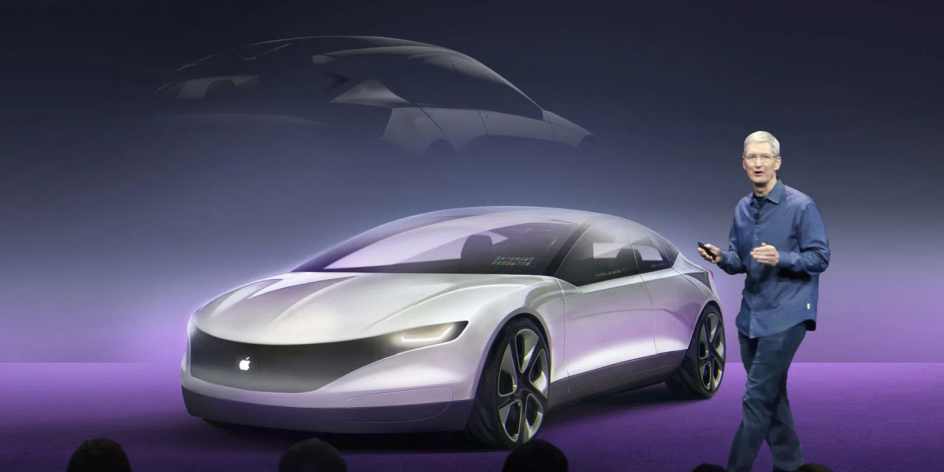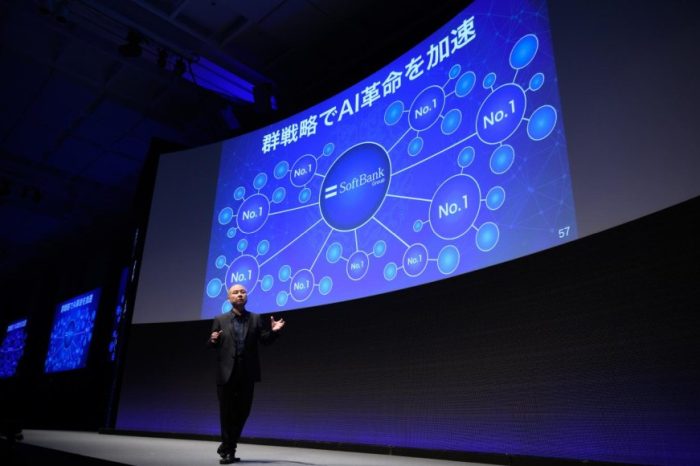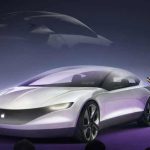Apple abandons its electric car ambitions after a decade, doubles down on AI

Apple has pulled the plug on its long-anticipated electric car venture, internally dubbed “Project Titan,” marking the end of nearly a decade of development, reports Reuters, citing a source in the know.
While the exact reasons for this cancellation remain murky, speculation points to hurdles in perfecting self-driving technology and a strategic pivot towards areas like generative AI within Apple’s priorities.
This decision brings to a close a venture that held promise as a potential avenue for Apple to conquer a new sector, akin to its triumph with the iPhone. However, Project Titan’s journey has been fraught with uneven progress, culminating in this termination amidst a global slowdown in electric vehicle investments.
The timing is notable as Apple faces a plateau in iPhone sales growth, amidst fierce competition offering comparable features at competitive prices. The decline isn’t limited to iPhones but extends to iPads and Mac computers, reflecting a broader slump in demand for high-end gadgets.
According to Bloomberg News, some employees involved in the project will transition to Apple’s artificial intelligence (AI) endeavors. The move could signal a strategic shift towards bolstering AI capabilities, potentially boosting investor confidence in Apple’s competitive edge. Apple declined to comment on the story.
Ben Bajarin, CEO of consulting firm Creative Strategies, told Reuters, “If it is true, Apple will put more focus on GenAI and that should give investors more optimism about the company’s efforts and ability to compete at a platform level on AI.”
Meanwhile, this departure from the electric car arena has drawn attention from both tech and automotive spheres, signaling a shift in Apple’s trajectory and leaving questions about the broader impact on the autonomous electric vehicle race.
While Apple’s AI initiatives have been relatively subdued compared to industry frontrunners like Alphabet and Microsoft, this move suggests a potential intensification in their AI integration efforts, addressing concerns about lagging behind in this critical technological frontier.
Elon Musk, CEO of Tesla, a leading player in the electric vehicle market, celebrated Apple’s decision on social media, emphasizing the shifting landscape of electric vehicle investments amidst growing consumer demand for eco-friendly transportation alternatives.
— Elon Musk (@elonmusk) February 27, 2024
Apple Project Titan
Apple’s Project Titan started a decade ago amid a surge of interest in autonomous vehicles in Silicon Valley. In November 2021, Bloomberg reported that Apple was thinking about launching its electric car by late 2024 or early 2025. However, progress had been rocky, compounded by setbacks predating the COVID-19 pandemic, including layoffs and conceptual shifts in the vehicle’s design. Apple had already let go of 190 employees from the team back in 2019 after changing its software strategy.
Initially, Project Titan sparked hopes of Apple replicating its iPhone success, with speculation about groundbreaking designs reshaping the automotive landscape. However, the project’s evolution towards a more conventional vehicle with advanced driver-assistance features marked a departure from its initially radical vision.
Ultimately, the termination of Project Titan underscores the challenges of venturing into new domains, even for a tech giant like Apple, whose innovations have often reshaped entire industries.




